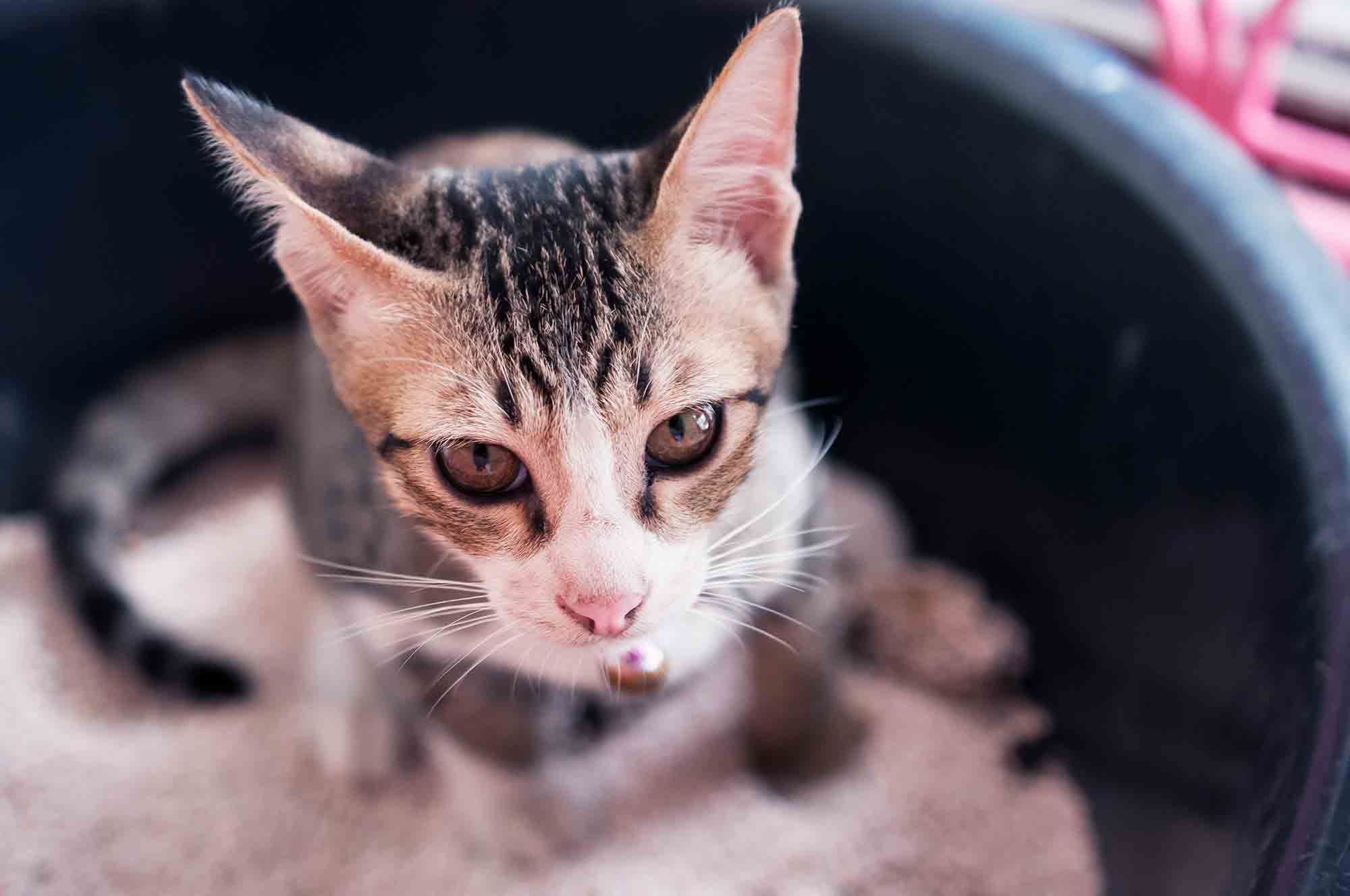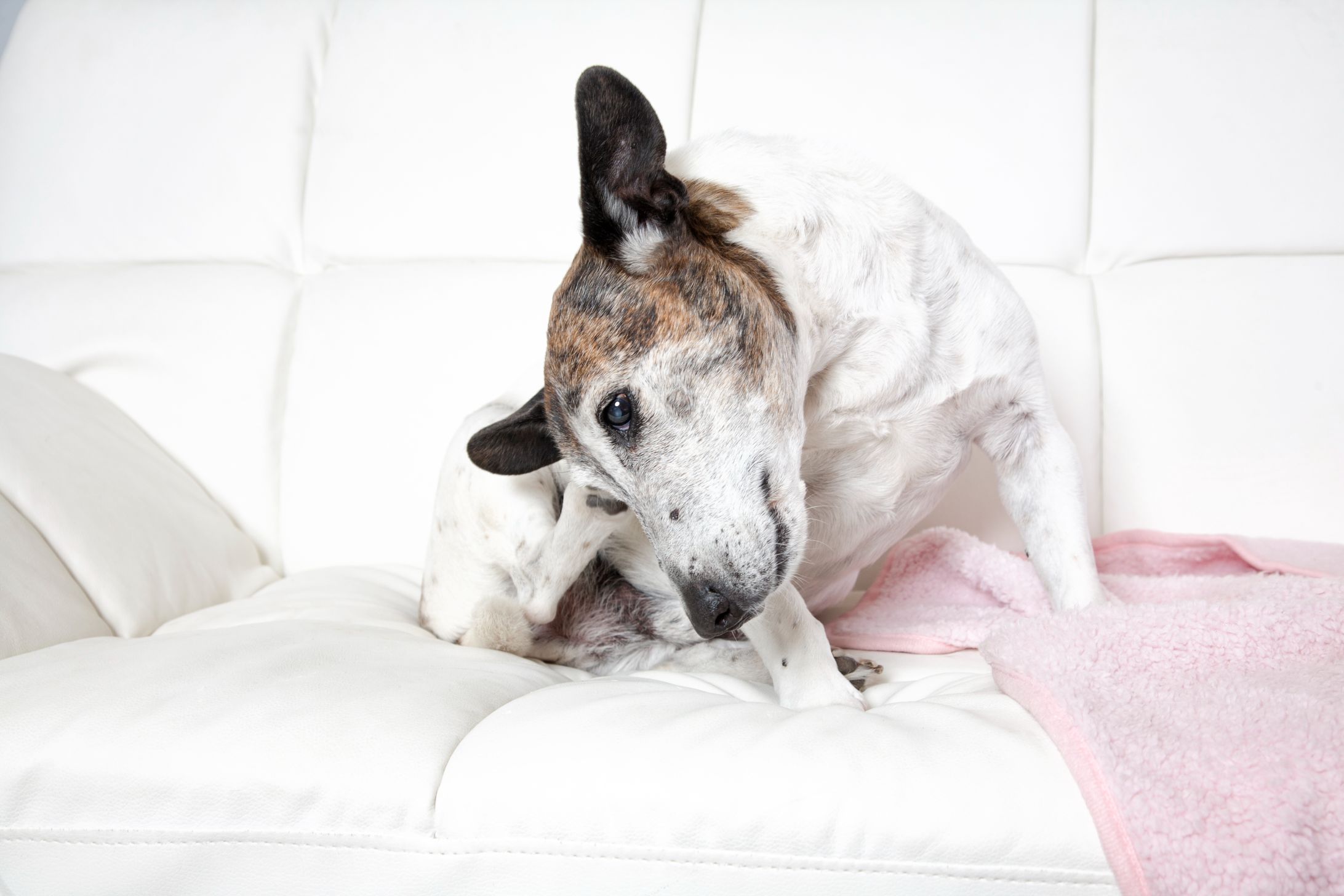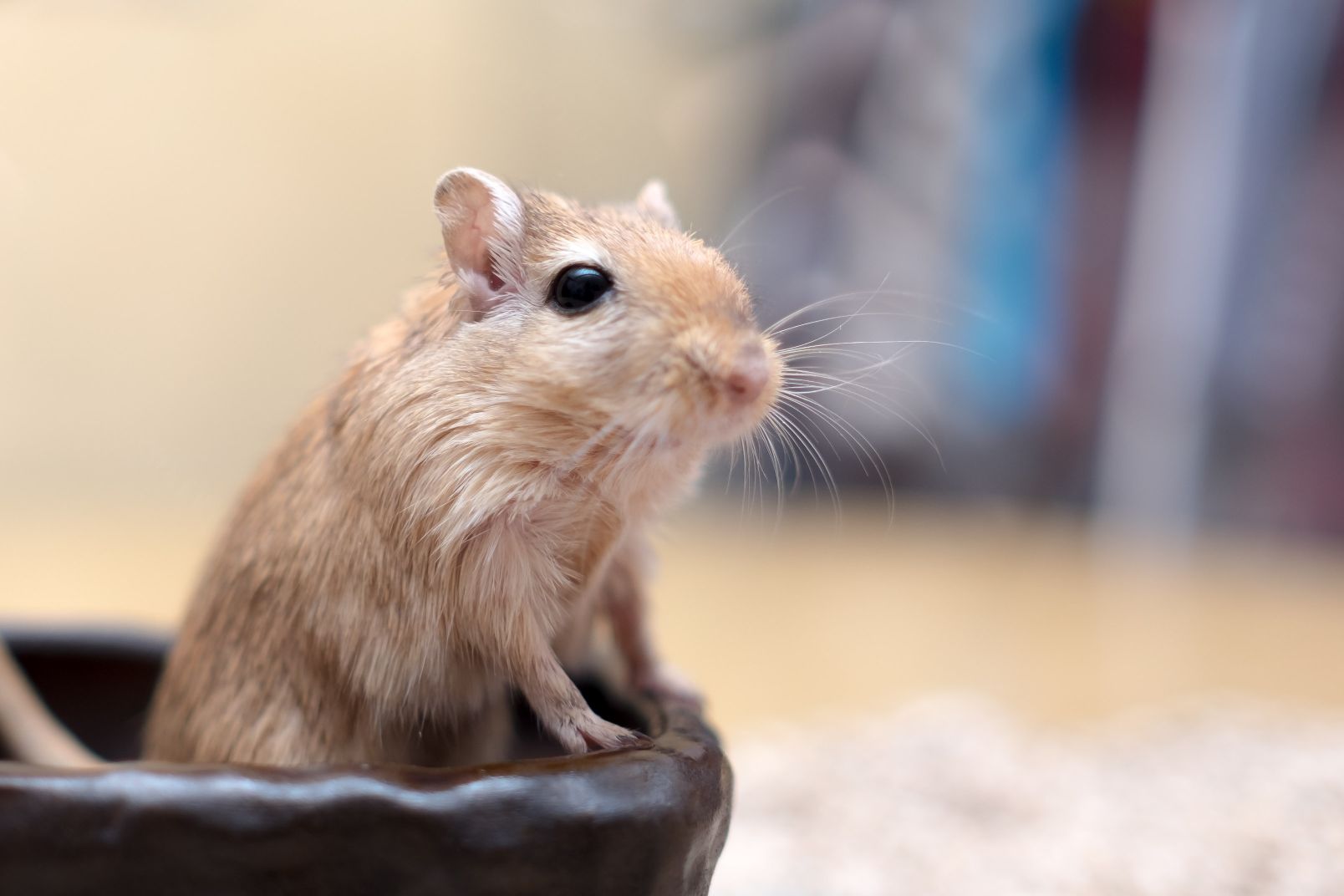 Have you ever experienced that sinking feeling when you confirm that, yes, that’s cat pee in the corner behind your couch? No cat owner wants to deal with urination outside of the litter box, yet it is not an uncommon issue for our feline friends. If you think your feline friend is suffering with litter box problems please call us immediately at 905-731-1225 or request an appointment online.
Have you ever experienced that sinking feeling when you confirm that, yes, that’s cat pee in the corner behind your couch? No cat owner wants to deal with urination outside of the litter box, yet it is not an uncommon issue for our feline friends. If you think your feline friend is suffering with litter box problems please call us immediately at 905-731-1225 or request an appointment online.
There are many reasons why a cat may begin to urinate outside of the litter box, but feline idiopathic cystitis is one of the most common cat health problems. Learn about this disease process and how you can help your cat.
Feline Idiopathic Cystitis Explained
Also called feline interstitial cystitis or feline lower urinary tract disease, feline idiopathic cystitis (FIC) is one of the most common culprits when it comes to urinary problems in cats. It is a diagnosis that is arrived at by excluding other potential causes, including urinary infection (relatively uncommon), uroliths (stones of the urinary tract), behavioural issues, and less common complications, such as neoplasia or trauma.
Cats affected by feline idiopathic cystitis typically develop symptoms including:
- Painful urination
- Difficulty urinating
- Blood in the urine (hematuria)
- Urinating small amounts frequently
- Urinating outside of the litter box
FIC occurs when the lining of the bladder becomes inflamed and irritated. At this point in time, we are still trying to better understand what causes this to happen, hence the idiopathic label, but cats who tend to be a little more easily stressed are affected more commonly.
Treatment is symptomatic, focusing on relieving pain and other distressing symptoms during the flare up of cystitis. Long-term management, such as environmental enrichment, stress management, and dietary change, may also help prevent future occurrences.
A Note About Urinary Blockages
While cleaning up cat urine is no fun, FIC also has another possible outcome that may be even worse: urinary blockage.
During a feline idiopathic cystitis flare up, the bladder becomes a virtual feline snowglobe of particulate matter, including mineral crystals, white blood cells, mucous, and red blood cells. This sediment can compact, forming a plug in the urethra which can prevent urination altogether.
Due to the shape of the urethra, male cats are at much higher risk of experiencing a urinary blockage than are females.
If your cat appears unable to urinate, it is important to call us immediately. Urinary blockages are serious and life-threatening, and require immediate emergency attention.
Warding off FIC
So, what is a cat owner to do?
Because we are not entirely sure what causes feline interstitial cystitis at this point in time, it is difficult to avoid it altogether. We do know, however, that there are certainly some things that can help.
Create a secure environment – We know that creating a safe, secure place for our feline friends to enjoy is key in minimizing stress and anxiety.
Enrich, enrich, enrich – Besides security, your cat needs to be mentally and physically stimulated. Cats adapt to our indoor lifestyles, but they may need a little help in the environmental enrichment department to stay happy and healthy.
Good nutrition is key – Being overweight increases a cat’s risk of developing FIC. Diet may also play a role. Cats who are prone to having FIC episodes may be prescribed a special diet to help ward off problems.
Drink up – Hydration is key! Encourage your cat to drink by offering several water sources. Be sure water is always fresh and clean. Consider a fountain or other running source of water. Feeding a canned food diet also encourages good hydration.
Feline idiopathic cystitis is no fun for cats or their owners. Please let us know if your feline housemate is exhibiting signs of trouble. We want to be sure that we address this problem early to avoid the pain and discomfort associated with the disease.
Learn more about cat health and how to care for your feline pet.
Give us a call at (905) 731-1225 if you have any questions. We are located at 8707 Dufferin St, Thornhill, ON L4J 0A2, Canada.



